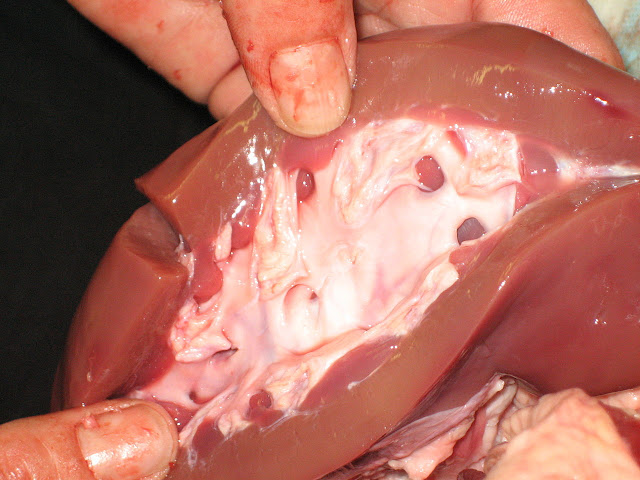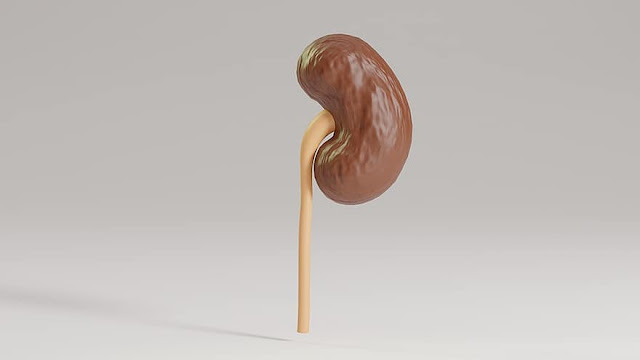 |
Infections of the kidney and its pelvis (pyelonephritis) are quite common. They are of extreme importance because chronic and recurrent infections induce changes that can seriously interfere with kidney function over time. The conditions appear to be related to high blood pressure in many ways. Some cases, especially if untreated or neglected, progress to insufficient inability of the kidney to adequately filter toxins from the blood. The retention of these infectious wastes leads to uremia or "urinary toxicity".
The infection can reach the kidneys through various routes: direct ascent of infectious organisms from the bladder; Spreads by infection in surrounding tissue; And through the bloodstream and lymphatic channels. Acute infections manifest themselves by pain in the area of the kidneys, fever and chills, and changes in the structure of urine. Chronic and recurrent infections manifest themselves more strongly in symptoms such as headaches, nausea or vomiting.
Symptoms of kidney infection
Urine may contain pus (pyorrhea), colonization of microbes, many white blood cells, and other products of inflammation. Identifying infected organisms can provide effective antibiotics or other medicines to destroy the organisms. Many acute and chronic infections respond to normal care in the form of appropriate chemotherapy, rest and fluids and other measures.
However, many kidney infections are complicated by obstructions and conditions that prevent free drainage of the urinary tract. Infected teeth and other foci can introduce infectious organisms into the bloodstream and cut the kidneys in constant supply. External sources of infection must be recognised and cleaned, and urological examination is required to identify and correct abnormalities that obstruct good drainage and destroy low-grade infectious organisms is. Early diagnosis and treatment is important and neglect can lead to kidney damage that is not impossible to reverse.








